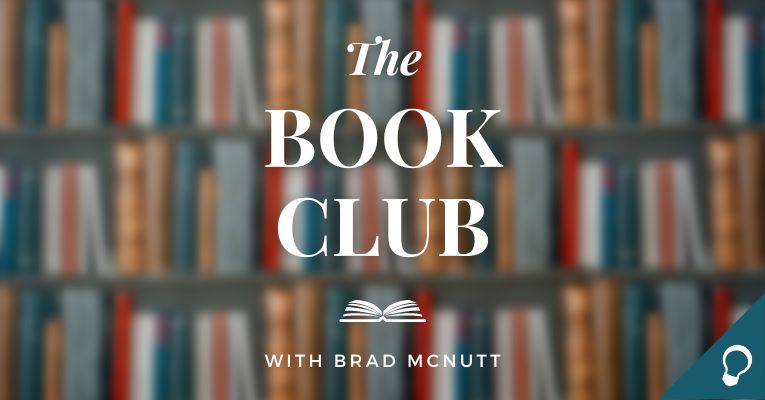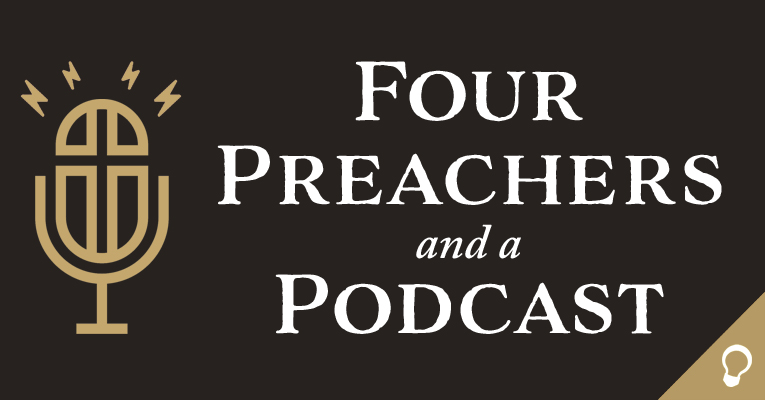
Podcast: Play in new window | Download
Host: Andrew Crowe | Released Thursday, June 16, 2022
While we discussed making sure to eat the way we need to daily, we also need to discuss proper nutrition.o This includes getting the proper vitamins, minerals, carbs, fat, protein, and calories as we need a day.
o Before we get into this, let me say that I am not a nutritionist.
o This episode is not to give out advise as to how each listener should eat.
o There is an understanding that some require special diets.
§ But this episode recognizes that there are many who are not eating as they should.
o When we discussed the need to eat at a regular basis, we also discussed taking time out to eat.
o We might go for something fast – it has the calories but does it have the nutrition?
§ What kind of foods should we choose?
o Complex Carbohydrates
§ What is the difference between complex carbohydrates vs simple?
§ Both turn into glucose but complex carbs are naturally occurring sugar vs processed or refined sugars.
§ Complex carbohydrates contain naturally occurring vitamins, minerals, and the fiber we need.
§ Refined sugars contain “empty calories” as they contain no nutrients.
o Protein
§ Proteins contains “building blocks” called amino acids.
§ Amino acids build and repair muscles and bones.
§ You can find this in meat, certain vegetables (chickpeas, spinach) or certain supplements (protein shakes or bars).
o Fats
§ There are four major types of fats
· Saturated fats – these are the fats that usually solid in room temperatures. These are fats we want to take in minimally as they can cause problems with cholesterol and increase risk of heart disease.
· Trans fats – This is a type of oil that is created when adding hydrogen to liquid vegetable oils to make them somewhat more solid. This is the type of oil most of your fast food places use. This raises LDL or bad cholesterol and increases risk of heart disease, stroke, and type 2 diabetes.
· Monounsaturated and polyunsaturated fats – This is thought to be the majority of fat one should ingest (although still limited). These can help reduce bad cholesterol and lower risk of heart disease and stroke. They also include nutrients such as Vitamin E.
o Vitamins and Minerals.
§ How much should we get?
o That differs from person to person.
o https://ods.od.nih.gov/
o https://www.eatforhealth.gov.
We want to hear from you!
- Email: andrew@thelightnetwork.tv
- Voicemail: 903-26-LIGHT (903-265-4448)
Subscription Links








